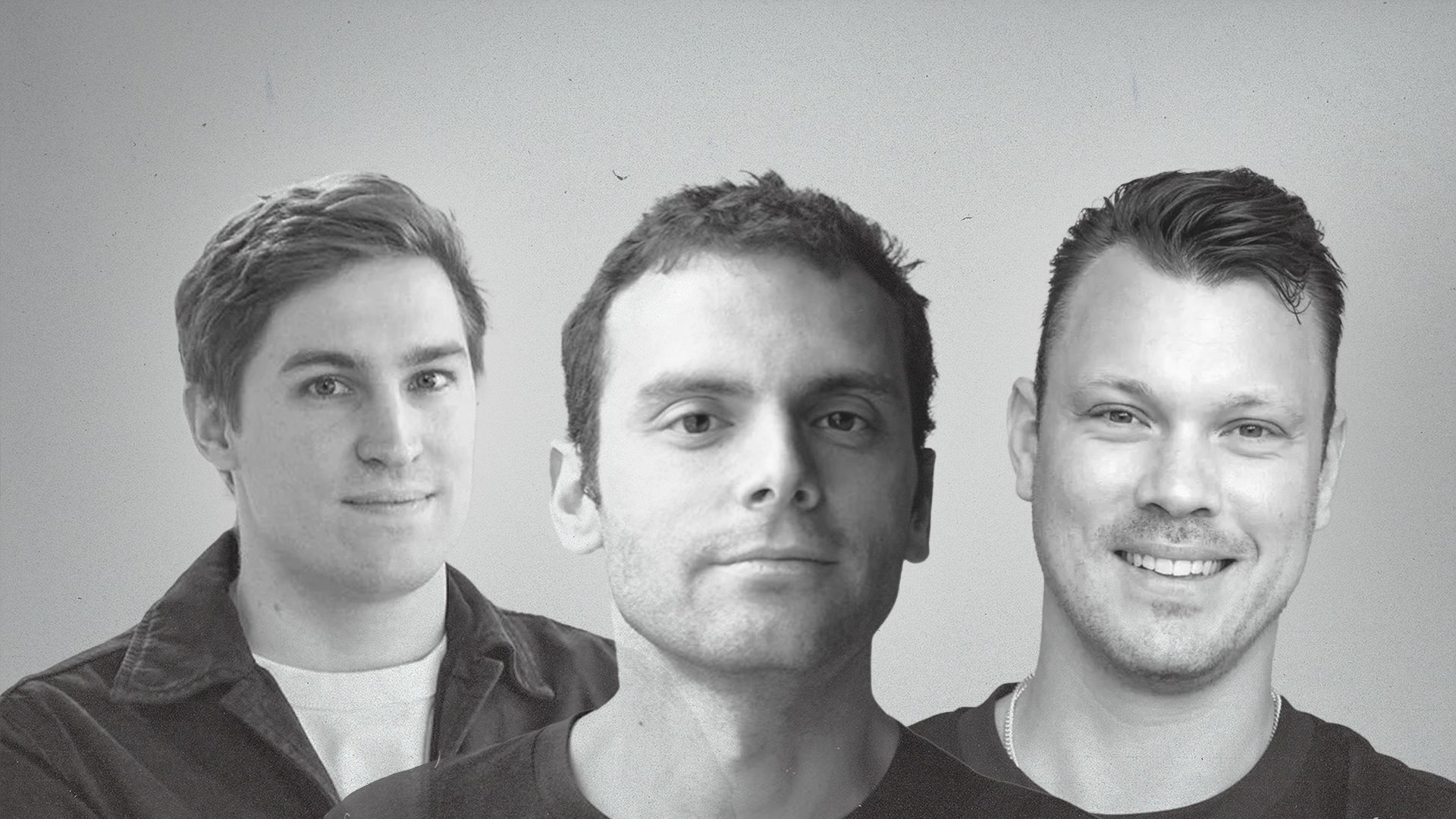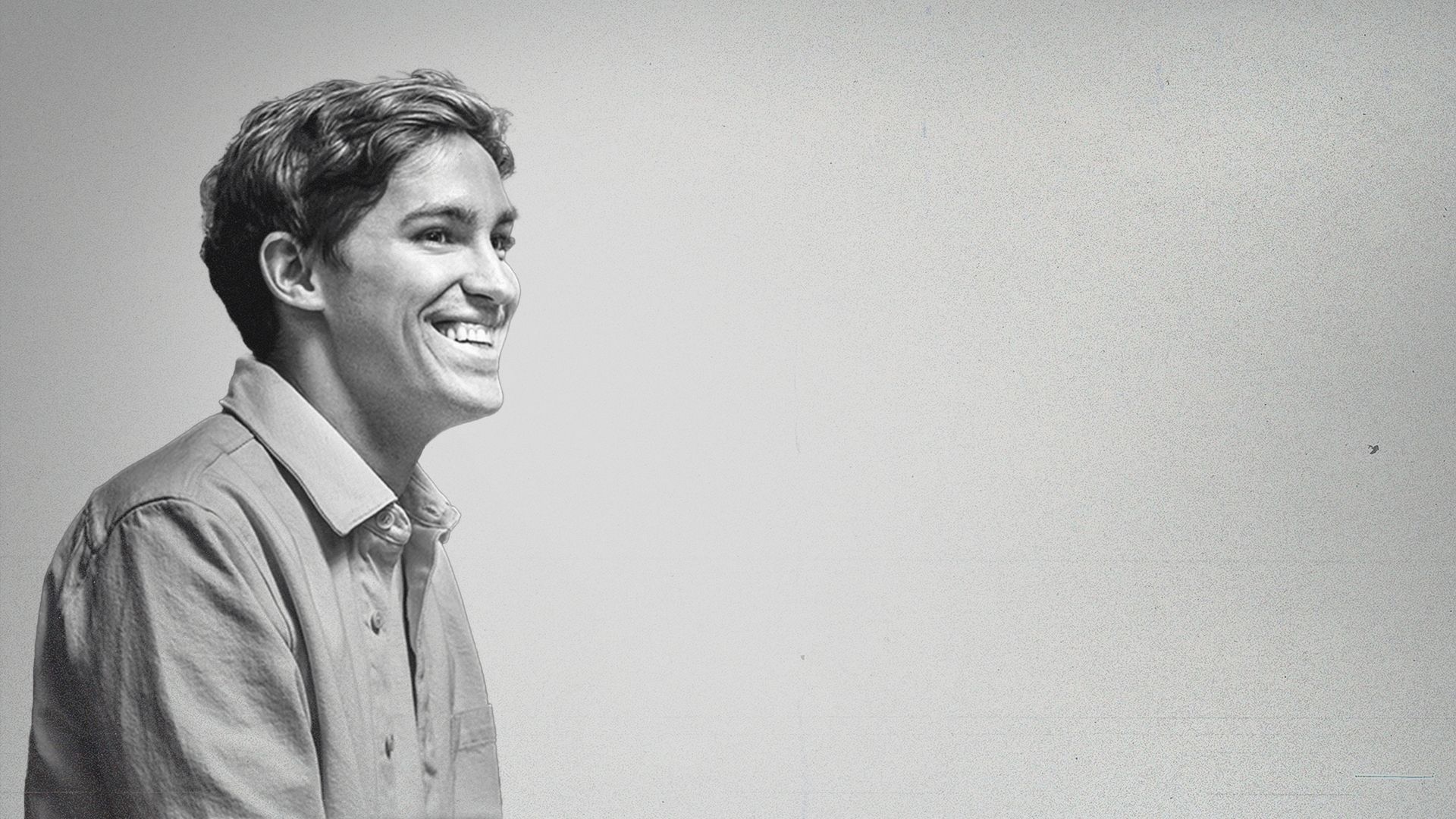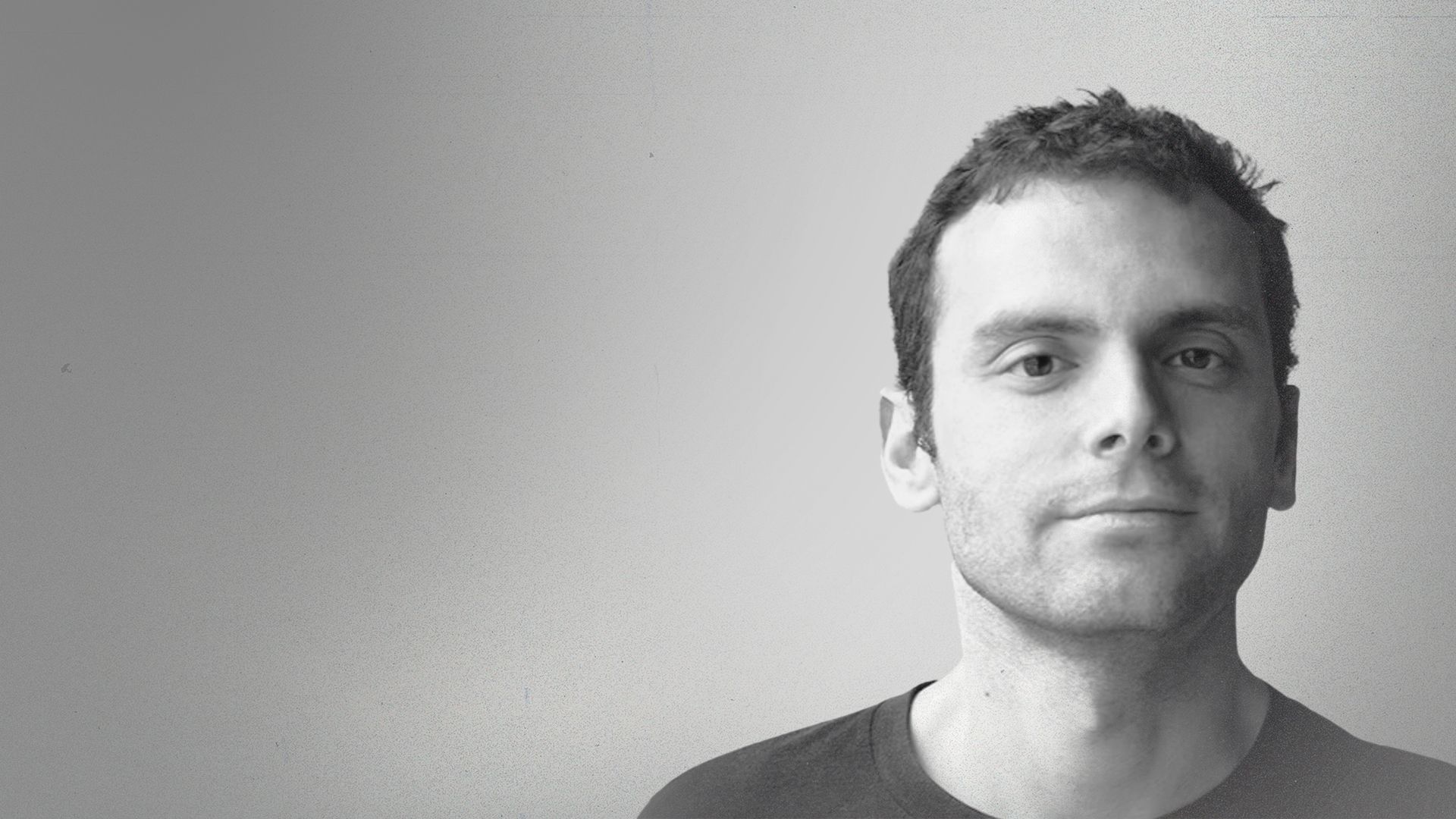

STAND OUT IN AI LANDSCAPE
Also available on
Olivier Pomel (Datadog), Mati Staniszewski (ElevenLabs), and Victor Riparbelli (Synthesia) join host Guy Podjarny to explore what it takes to build category-defining AI-native products. They dive into how root cause detection evolved from sci-fi to reality, the early hurdles of launching an audio-first AI company, and how Synthesia landed Mark Cuban as an investor.
Olivier Pomel, CEO of Datadog, reveals a key insight: users claim they prefer false positives over missed issues, but in practice, even two false alerts will erode trust and cause abandonment. For observability, the bar for precision is extremely high. While AI is now approaching reliable root cause detection, the focus must be on confidence and selective automation. Datadog builds internal trust layers—AI doesn’t just answer; it must know when it’s right. This includes limiting scope to high-precision cases and allowing automation only when confidence is near absolute. In contrast, users tolerate more risk in security alerts, where the tradeoff for false positives is more acceptable. Ultimately, Pomel argues that AI must take action, not just suggest it—otherwise, it will fall short of its potential.
Mati Staniszewski of ElevenLabs describes the company's early journey: existing tools were too robotic, lacked emotion, and couldn’t handle the full pipeline of dubbing—speech recognition, translation, and expressive text-to-speech. The team realized existing models weren’t sufficient and chose to build their own, starting with voice cloning and emotional transfer. Emotion capture became central: short clips preserved enough nuance to transfer feeling across languages. They also saw clearer product-market fit not in full dubbing pipelines, but in voiceovers, script correction, and speech processing—leading to a pivot toward those higher-impact use cases. ElevenLabs is betting on new model breakthroughs to unlock the next generation of audio realism.
Victor Riparbelli of Synthesia reflects on the company’s unconventional path. Founded in 2017 during the AI winter, they received over 80 investor rejections before a cold email to Mark Cuban—who had personally experimented with deepfake tech—led to their first funding. Synthesia began by targeting video dubbing with lip-syncing and language changes but struggled to scale due to slow, manual processes. The team learned their early tech was impressive but not a must-have. They pivoted to broader video generation, inspired by the modular, remixable logic of digital audio tools. Riparbelli compares the transformation in video creation to the shift from analog to electronic music: AI enables total digitization and redefinition of video itself. Synthesia’s success came not from one product, but from relentless iteration toward a system that felt essential.

AI VIDEO
GENERATION
10 Jun 2025
with Victor Riparbelli

THE FUTURE OF
AUDIO AI
27 Feb 2025
with Mati Staniszewski

AI SECURITY, TRUST
& FUTURE OF
OBSERVABILITY
1 Apr 2025
with Olivier Pomel